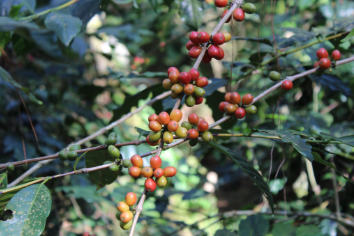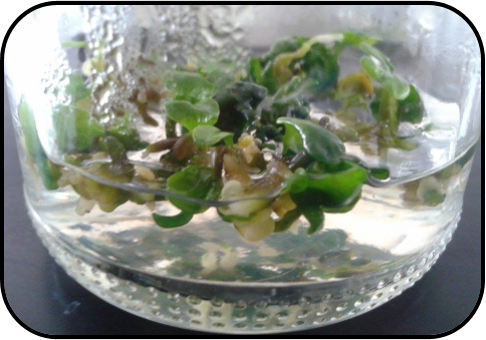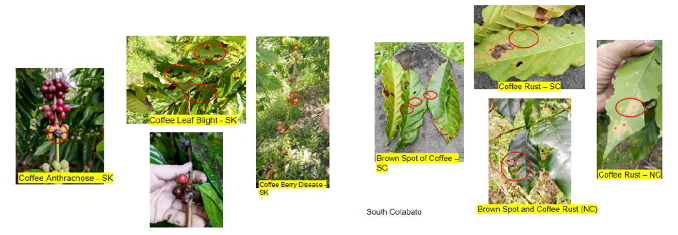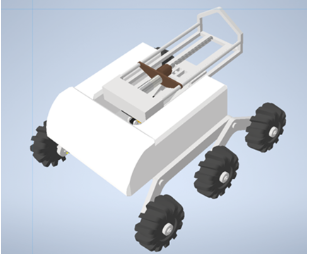Competitiveness of Philippine Robusta Coffee Industry under the ASEAN Economic

Producing coffee in the Philippines was found to be competitive under …

Producing coffee in the Philippines was found to be competitive under …

As a labor-intensive country, one of the major driving forces of Philippine …

This study investigated the coffee value chain in the CALABARZON and …

The project is being implemented in the three major coffee producing …

Upscale the application of S&T interventions found to be profitable in …

Producing more good quality …



Coffee is an important global …

Presently, local farmers apply …